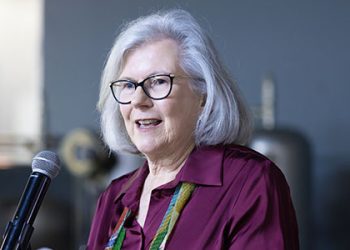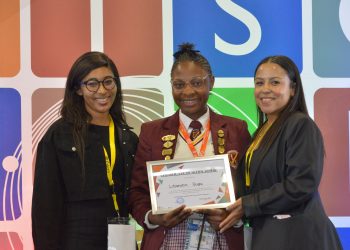South African students and learners are invited to design ventilator solutions and related services including business ideas as part of the national effort to address the Covid-19 pandemic.
With the onset of winter and third wave already hitting some parts of the country, it is feared that the coronavirus pandemic infections will surge dramatically.
The competition is seen as a timely intervention to prepare the country for the anticipated rise in the transmission of the virus. The initiative was launched by the Mahlale Innovation Consortium, an alliance comprising five higher education institutions in response to a request from the Manufacturing, Engineering and Related Services SETA (merSETA).
The consortium was formed specifically to promote the local manufacturing of ventilators as a contribution to the South African government’s National Ventilator Project. In addition, the competition aims to disrupt the transmission of the health-related pandemics including Covid-19.

The universities involved in the consortium include the North West University, the Central University of Technology Free State, Tshwane University of Technology, University of Johannesburg and the Vaal University of Technology.
During the early outbreak of the pandemic many hospitals reported critical shortages of the ventilators sparking fears of increasing mortality rates around the country. This prompted merSETA to solicit assistance from the five academic institutions to address the acute shortages of this vital life-saving equipment.
Manufacturing the devices locally not only helps create jobs but it also gives students involved in engineering, nano-technology and other related fields to hone their skills and showcase their technical ingenuity. Government has identified STEM as key feature of its strategy to create job opportunities for the youth by exposing them to a range of skills related to the Fourth Industrial Revolution.
According to one of the judges of the competition, Professor Leenta Grobler, who also doubles as the vice-chair of the project team and the spokesperson of the competition, said the intention of the initiative is to find alternative means for emergency ventilators. She said they are looking to produce equipment that can be used in emergency situations for the decentralised treatment of non-intensive care Covid-19 patients to reduce hospitalisation.
“The challenge enables participants to gain real industry experience, practical employability skills and enhanced business and people skills, all within a set time frame. The best ideas seem impossible at first, but in this new age they could change the world,” said Grobler.
She said the competition is designed to encourage the new generation to rethink a positive future and to make more ventilators, adding that “by entering the competition we will help them to put their ideas into practice.”
The competition is opened to registered South African students and learners who can enter their creative and innovative ideas, concepts and self-improvised solutions in three categories.
The first category is an open category for any service or device that they have implemented to flatten the curve during Covid-19. The second is an innovation category for any new business idea, invention or innovation that can be used to combat Covid-19 or other health-related threats in the future. In the third category, which is an engineering category, students can enter any device or invention for any improvements, innovations or concepts that will reduce the shortage of ventilators in South Africa.
Entries are now open and can be submitted until 08:00 on Monday, 14 June. After this, the top nine entries will be selected. The virtual prize-giving, during which cash prizes will be awarded, will take place on 30 June.
For more information on the competition or to enter, visit the MIC website at: http://mahlaleinnovationconsortium.co.za/.







